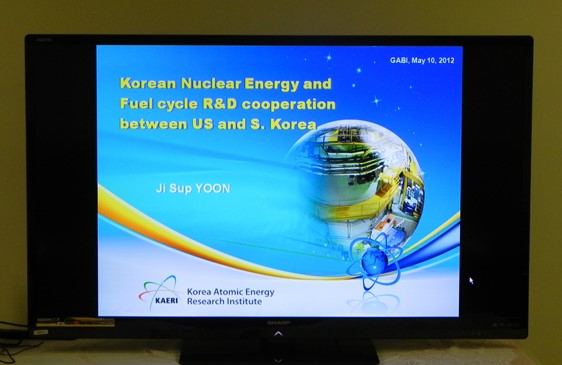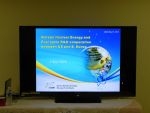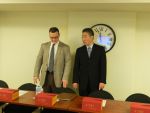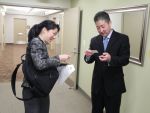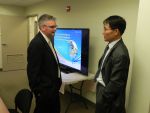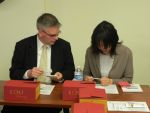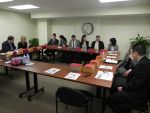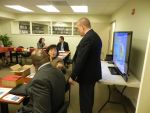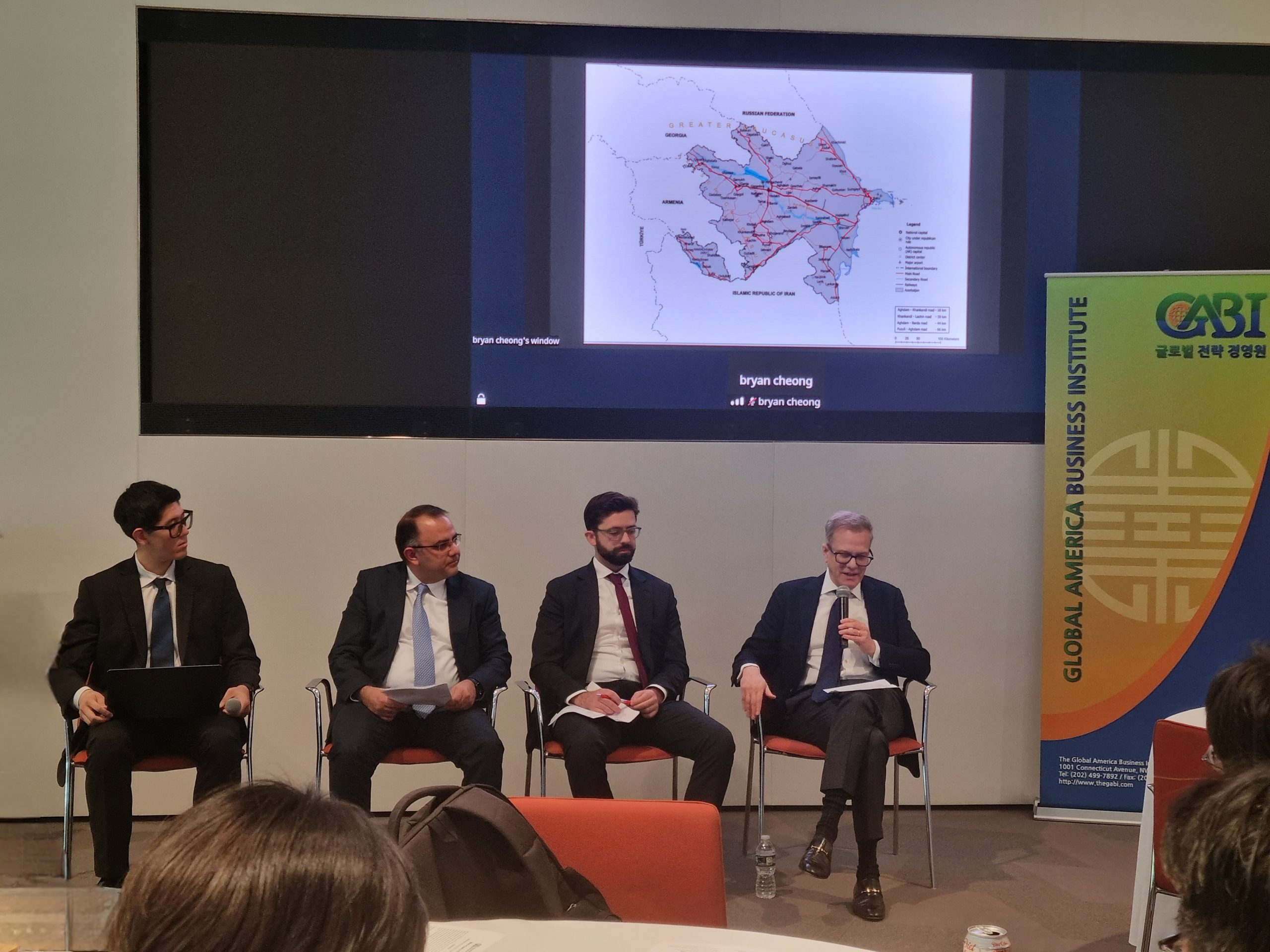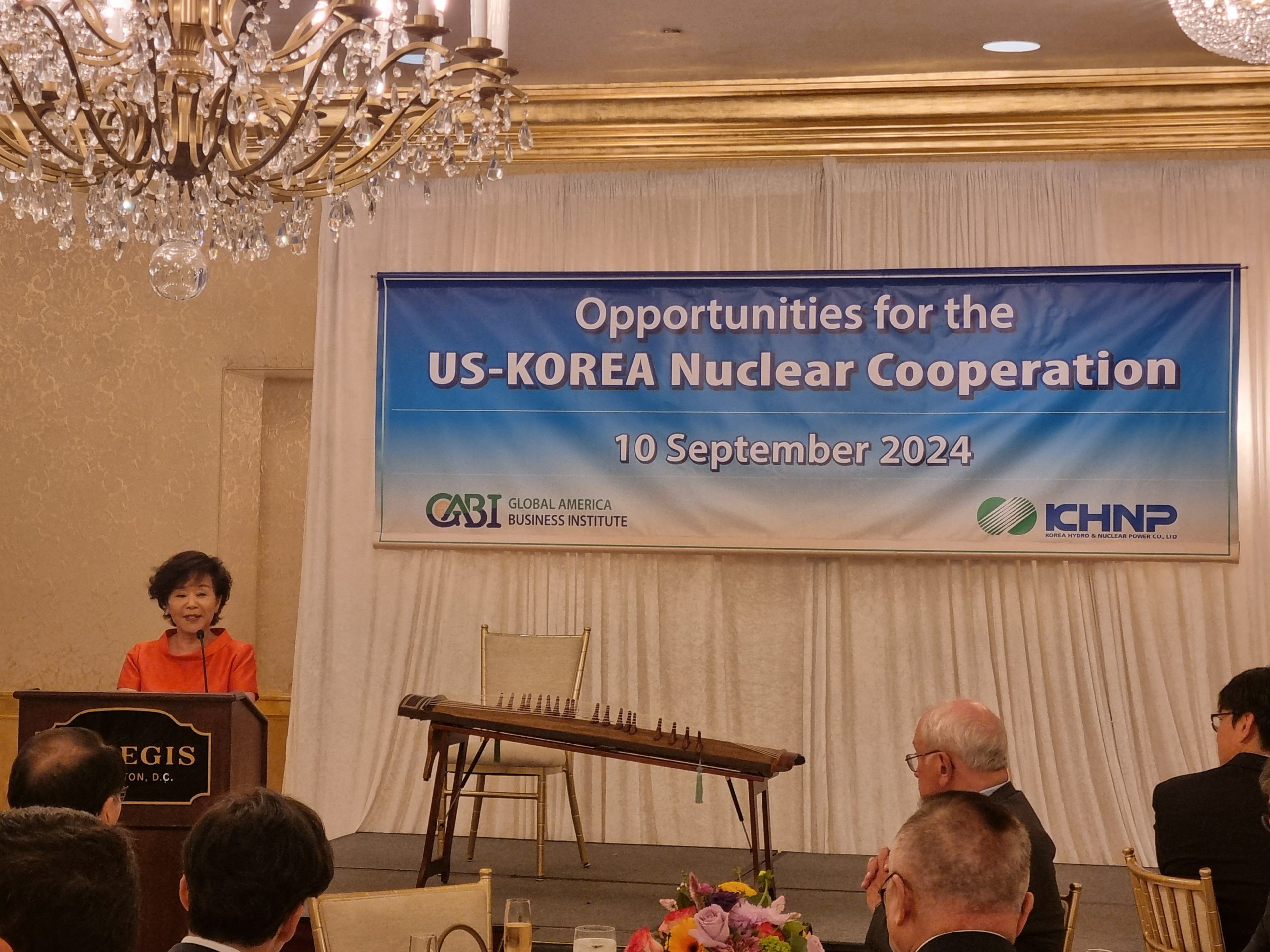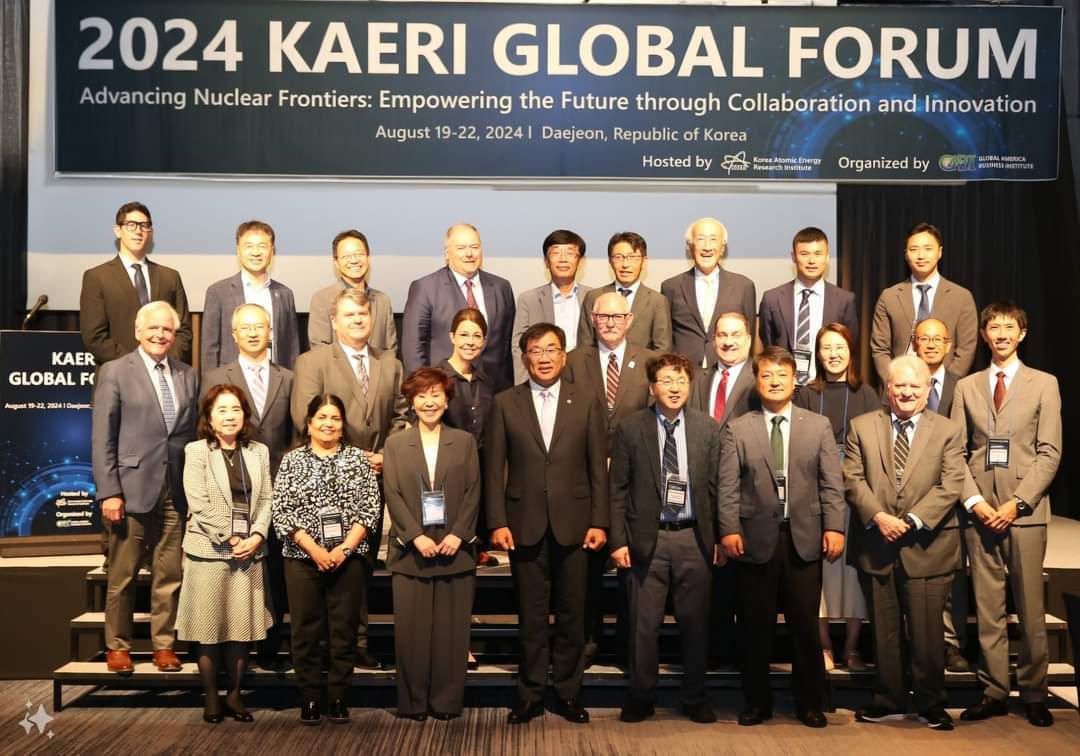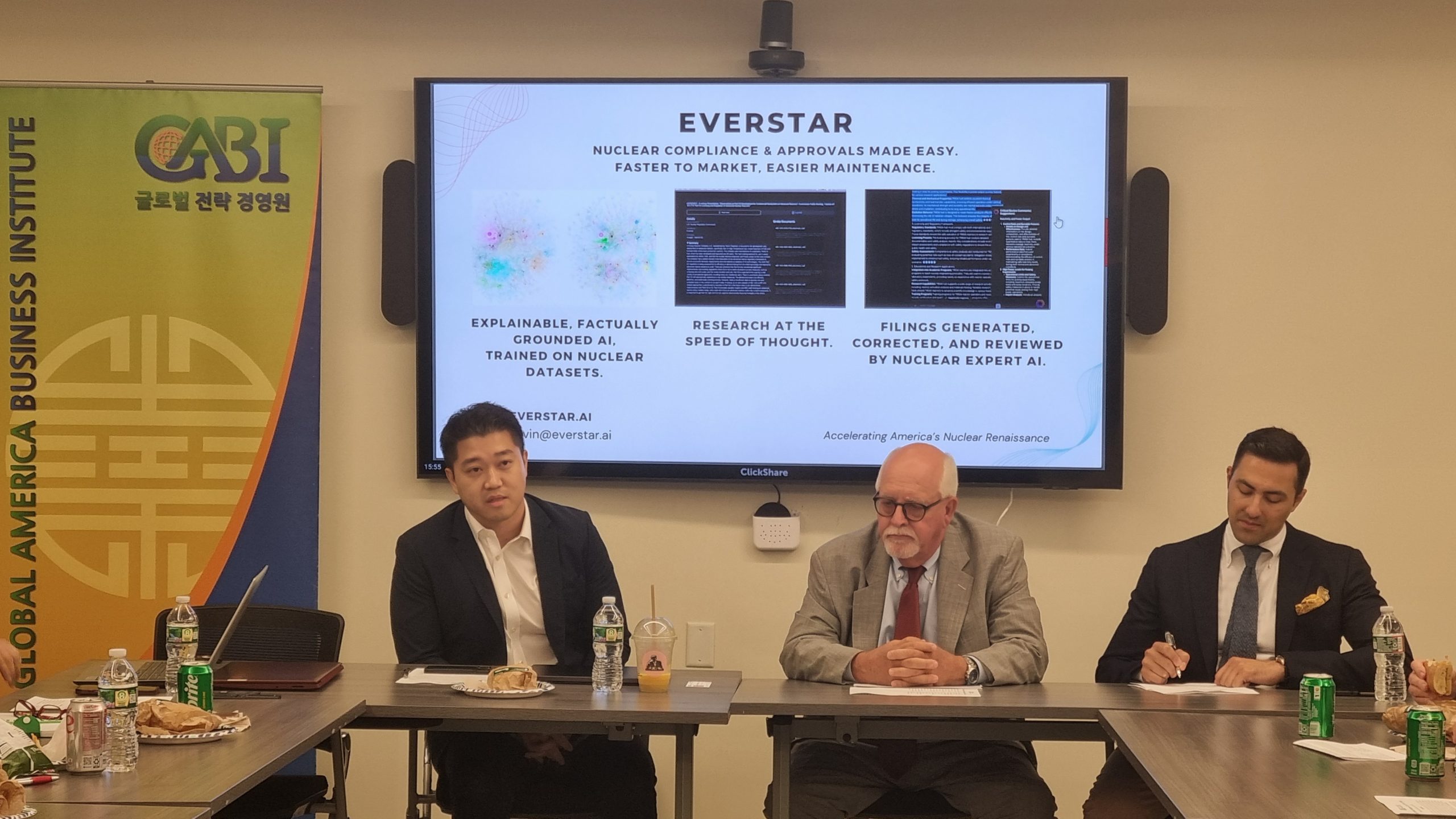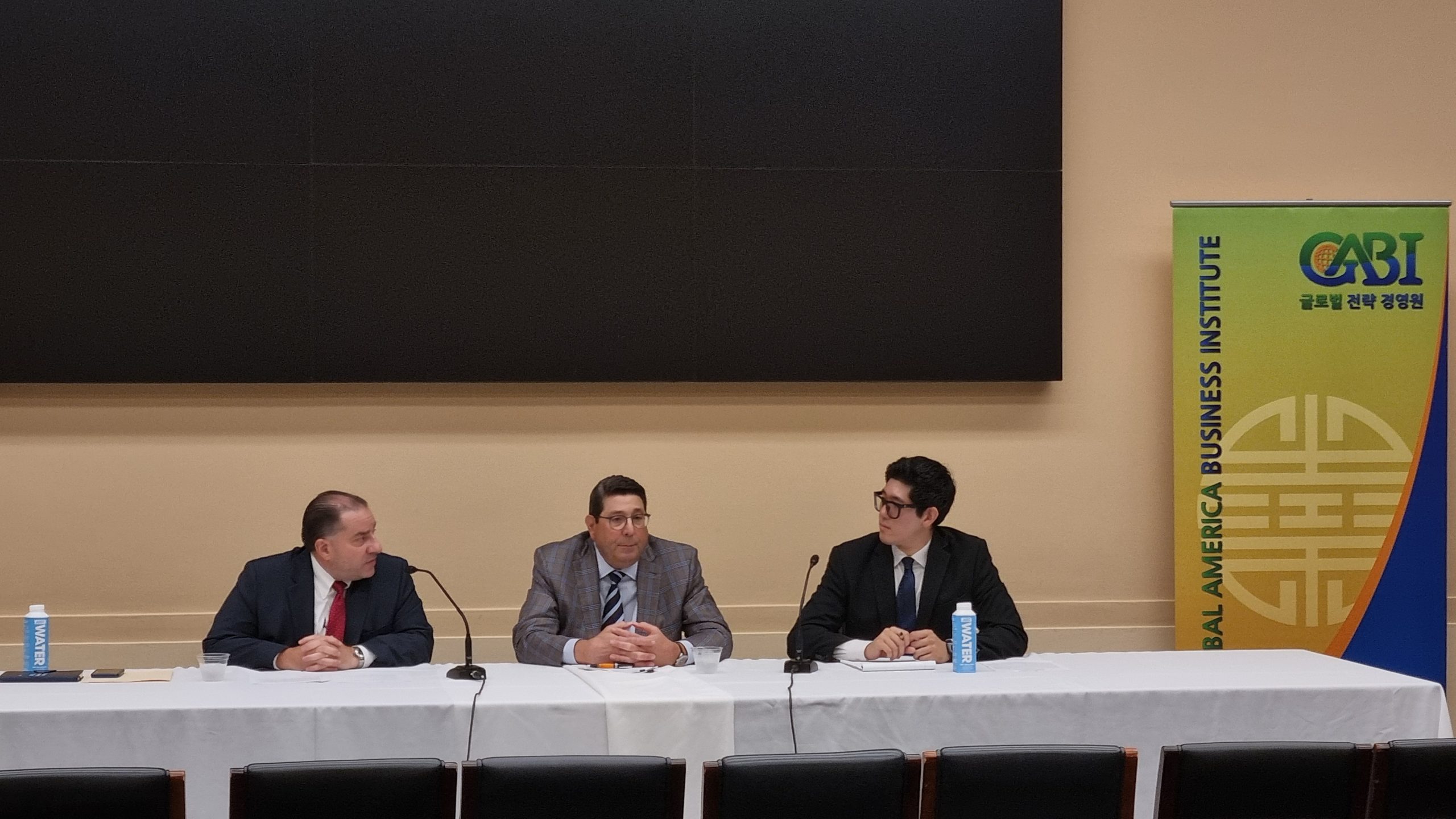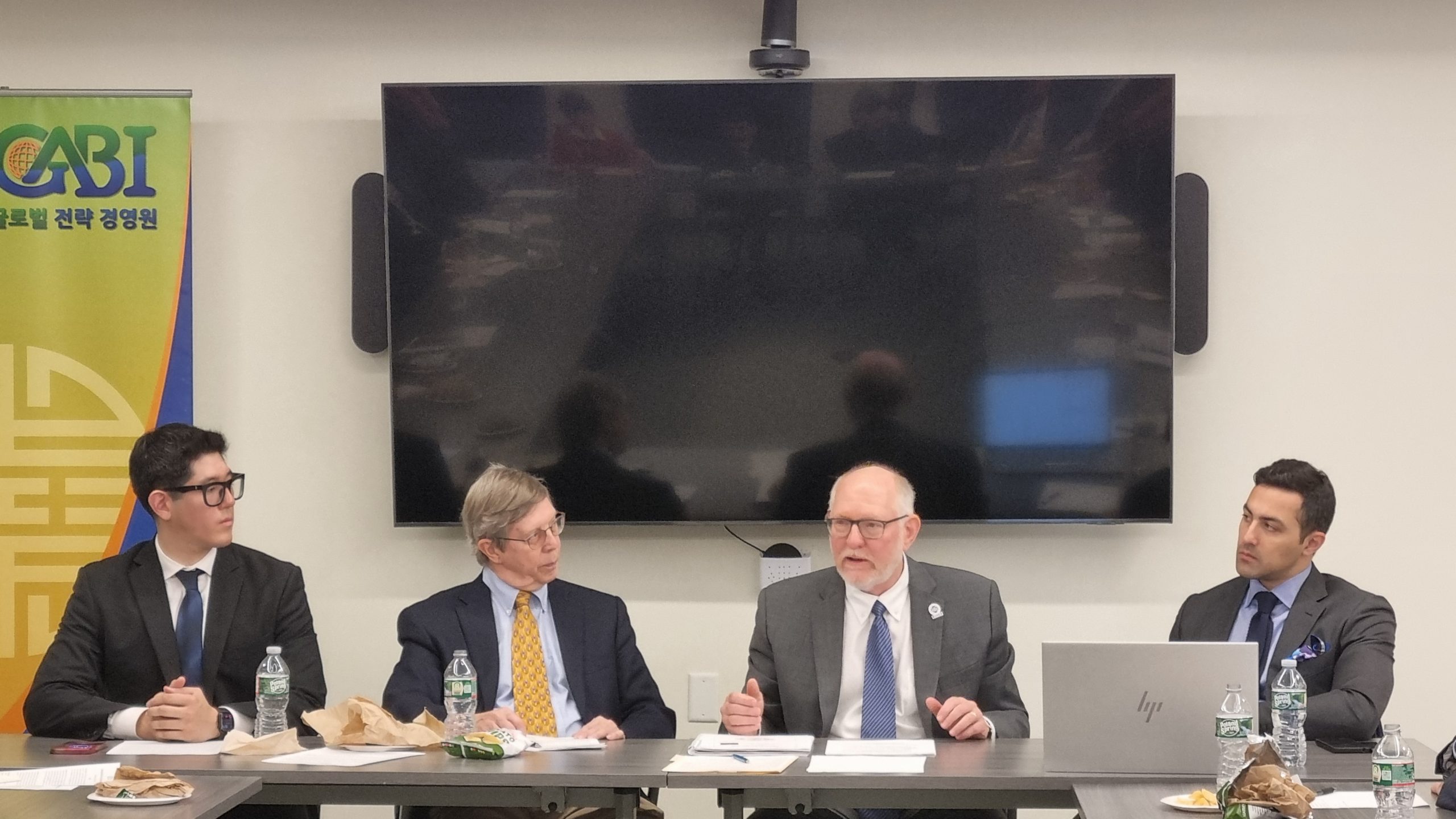With few viable energy alternatives, South Korea relies on nuclear power to meet its growing energy demands and limit its greenhouse gas emissions. However, Korea faces significant challenges in the management of spent nuclear fuel, stemming from geographical issues and episodes of vociferous political opposition. Given its plans to expand nuclear energy in the upcoming decades, the Republic of Korea urgently seeks a more sustainable waste management system, which has given rise to the proposal of a fast reactor closed fuel cycle with pyroprocessing. Through pyroprocessing, considerable reductions in the heat and radiotoxicity of spent fuel can be achieved, thereby decreasing both the volume and time required for repository storage. Pyroprocessing also extracts a mixture of plutonium and other elements, which can then be used as fuel in sodium-cooled fast reactors (SFRs). While pyroprocessing does not produce pure plutonium, there have been debates between the US and Korea on its proliferation resistance. Furthermore, there are doubts over the economic and technical feasibility of pyroprocessing, since it remains only a laboratory-scale technology and has never been commercialized. In order to resolve the abovementioned uncertainties, the ROK and US recently agreed to undertake a ten year Joint Fuel Cycle Study (JFCS) after a brief hiatus in fuel cycle R&D collaboration between the two countries. The JFCS will explore the non-proliferation characteristics of pyroprocessing, seek overall solutions for Korea’s spent fuel management issues, and perhaps serve as a litmus test for the US-ROK nuclear relationship.

